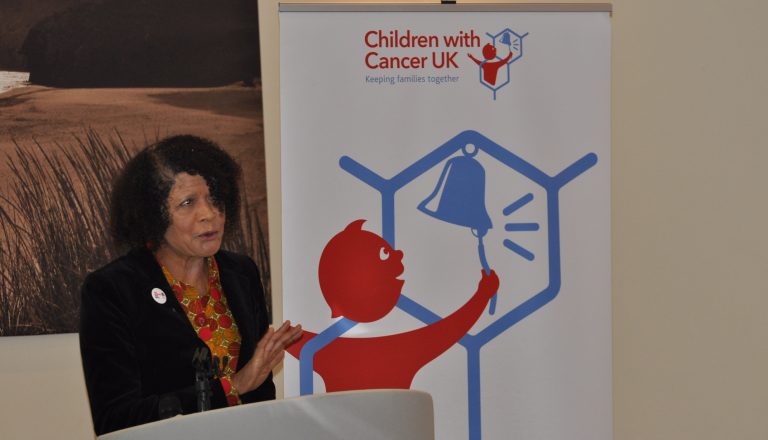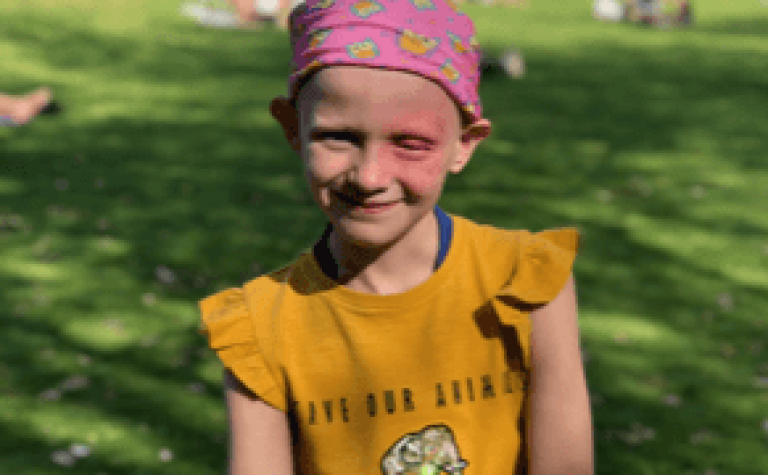Several major new initiatives taking place in the UK report progress in genomic medicine to deliver new therapies, reduce toxicity, enable early diagnosis and progress efforts to prevent cancer in children, teenagers and young adults.
To support the NHS’s ambitious proposal to offer whole-genome sequencing for all children with cancer in England by the end of the year, 2,600 researchers from academia including Newcastle University, the NHS and the Genomics England Clinical Interpretation Partnership (GeCIP) are analysing data from the 100,000 Genomes Project to fast-track whole-genome sequencing in clinical care. Making whole-genome sequencing routine clinical practice has the potential to identify the best bespoke treatment for patients.
This ground-breaking advancement will make the NHS the first health service in the world to offer whole-genome sequencing for children with cancer. This will result in kinder, less toxic treatments with fewer side-effects that will not only save lives but also enable childhood cancer survivors to lead a better quality of life.
Steve Clifford, Professor of Molecular Paediatric Oncology at Newcastle University, working with Children with Cancer UK, said:
We are on track to making the NHS the first health service in the world to offer whole-genome sequencing for children with cancer. At this year’s Children with Cancer UK’s science conference, experts from the UK and around the globe are presenting the latest evidence for how young cancer patients will benefit from precision medicine, and how molecular testing and DNA sequencing are being rolled out across the country as part of pioneering clinical initiatives.
Harnessing the potential of genomic medicine will be a game changer in tackling childhood cancer, reducing the long-term adverse impacts of treatment on survivors and ensuring that each patient receives the most tailored treatment possible.
Precision medicine promised as part of the NHS’s Long Term Plan is also developing at pace through rapid DNA sequencing. Funded by Children with Cancer UK and Cancer Research UK, Stratified Medicine Paediatrics (SMPaeds) is conducting biopsies on patients whose tumours have either relapsed or not responded to treatment. By identifying DNA mutations which make these tumours resistant, this programme will enable doctors to personalise treatment to maximise cure and minimise side-effects.
Brain tumours are the leading cause of death in children with cancer, so three of the UK’s leading paediatric neuro-oncology centres (Newcastle University, the Institute of Cancer Research and UCL Institute of Child Health) are working together to better understand the genetic makeup of brain tumours specifically. Funded by Children with Cancer UK, the Brain Tumour Charity and Great Ormond Street Hospital Children’s Fund, this £4 million programme will help predict the course of high-risk childhood brain tumours and develop cutting-edge, tailored therapies which will have less of a long-term impact on their health and wellbeing.
Speaking ahead of the Childhood Cancer Conference in Newcastle, Local MP Chi Onwurah MP and Shadow Industrial Strategy, Science and Innovation Minister, said:
While childhood cancer diagnosis and survival rates are steadily improving, there is still more work to be done. Every day, 12 families in the UK get the devastating news that their child has cancer – over 4,500 children and young people are diagnosed with cancer every year in the UK. Scientific innovation is crucial in the fight to beat childhood cancer.



